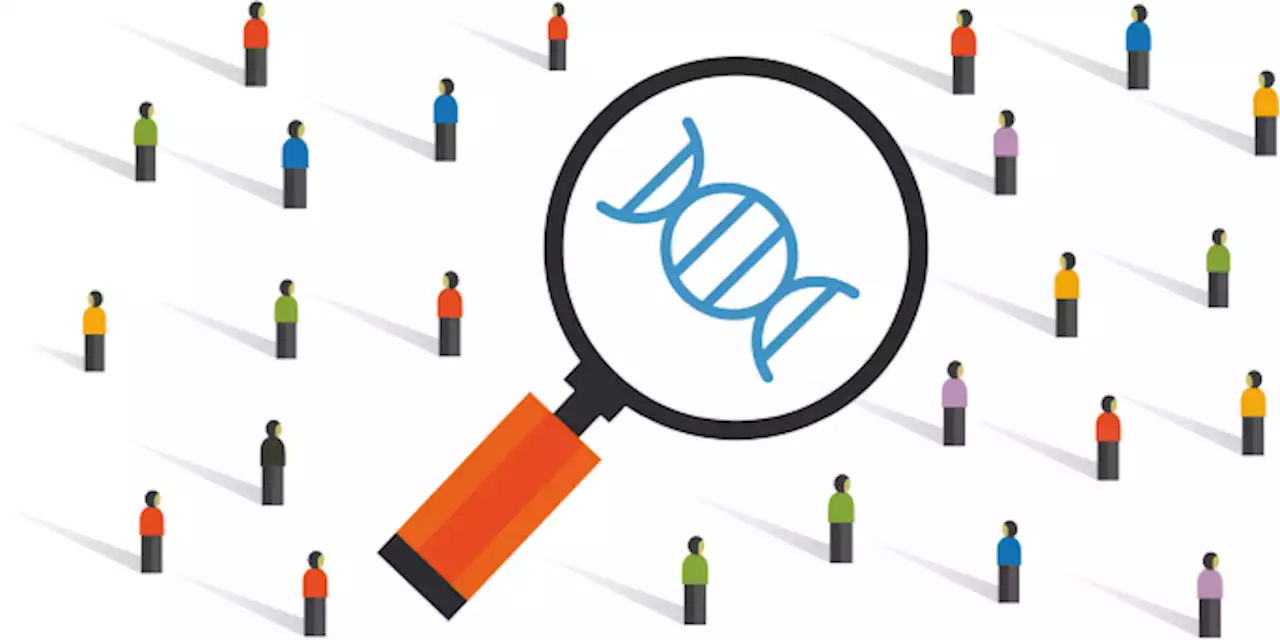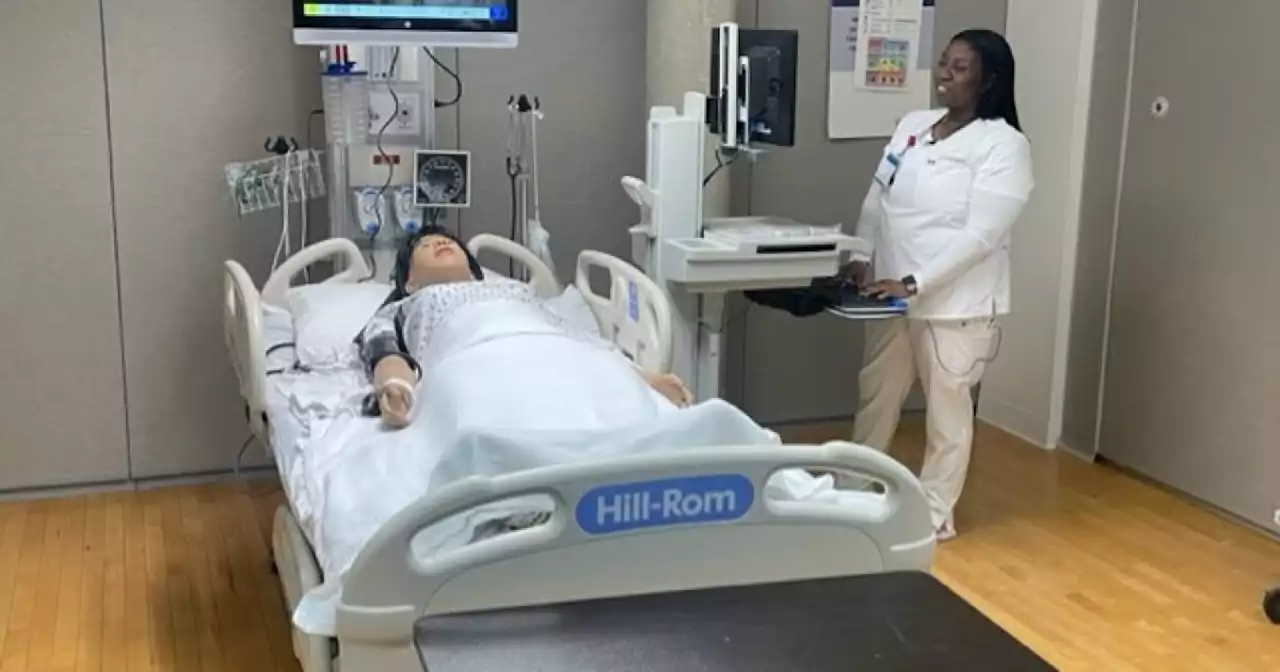A DeepLearning algorithm using electronic health records from two large cohorts of patients predicts the risk of PancreaticCancer from pre-cancer disease trajectories up to 3 years in advance, w/ promising performance. sandercbio TheBrunakLab
is for cancer occurrence; andThe Transformer model, unlike the recurrent models, does not process the input as a sequence of timesteps but, rather, uses an attention mechanism to enhance the embedding vectors correlated with the outcome.
To comprehensively test different types of neural networks and the corresponding hyperparameters, we conducted a large parameter search for each of the network types . The different types of models include simple FF models and MLP) and more complex models that can take the sequential information of disease ordering into consideration . See the supplementary table with comparison metrics across different models .
The relative risk ratio is calculated as the odds of getting pancreatic cancer when classified at high risk compared to a random method that just uses the disease incidence in the population. RR is defined aswhere TP is true positives, FP is false positives, FN is false negatives and TN is true negatives. The RR score is defined at a given operational decision point along the RR curve as a function of the number of patients predicted to be at high risk (Fig.
Australia Latest News, Australia Headlines
Similar News:You can also read news stories similar to this one that we have collected from other news sources.
 Time for real-world health data to become routine - Nature MedicineTime for real-world health data to become routine. World View from dramyabernethy, Verily, part of our series Rethinking Evidence in Medicine.
Time for real-world health data to become routine - Nature MedicineTime for real-world health data to become routine. World View from dramyabernethy, Verily, part of our series Rethinking Evidence in Medicine.
Read more »
 Rare-disease researchers pioneer a unique approach to clinical trials - Nature MedicineRare-disease researchers pioneer a unique approach to clinical trials. News feature from TechTyper, part of our series Rethinking Evidence in Medicine.
Rare-disease researchers pioneer a unique approach to clinical trials - Nature MedicineRare-disease researchers pioneer a unique approach to clinical trials. News feature from TechTyper, part of our series Rethinking Evidence in Medicine.
Read more »
 Dear Abby: I have to take nerve medicine to deal with my in-lawsNow they refuse to stay in a hotel, and my husband won’t back me up.
Dear Abby: I have to take nerve medicine to deal with my in-lawsNow they refuse to stay in a hotel, and my husband won’t back me up.
Read more »
 The Future of Medicine: How AI is Changing Health CareWill AI revolutionize health care? John Whyte, MD, MPH, discusses the impact of AI on medicine with Dr. Eric Topol.
The Future of Medicine: How AI is Changing Health CareWill AI revolutionize health care? John Whyte, MD, MPH, discusses the impact of AI on medicine with Dr. Eric Topol.
Read more »
 Will Los Angeles expand ‘street medicine’ plan that gives care to the homeless?A city report Tuesday will call for more funding to expand L.A.’s ‘Street Medicine’ teams to treat the homeless.
Will Los Angeles expand ‘street medicine’ plan that gives care to the homeless?A city report Tuesday will call for more funding to expand L.A.’s ‘Street Medicine’ teams to treat the homeless.
Read more »
 Cleveland Clinic program works to diversify nursing field, bridge the gap in medicineIn our commitment to follow through on the stories that matter to our community, we look at the latest developments on the nursing shortage—which has surged to a record high here in Northeast Ohio and across the United States.
Cleveland Clinic program works to diversify nursing field, bridge the gap in medicineIn our commitment to follow through on the stories that matter to our community, we look at the latest developments on the nursing shortage—which has surged to a record high here in Northeast Ohio and across the United States.
Read more »
